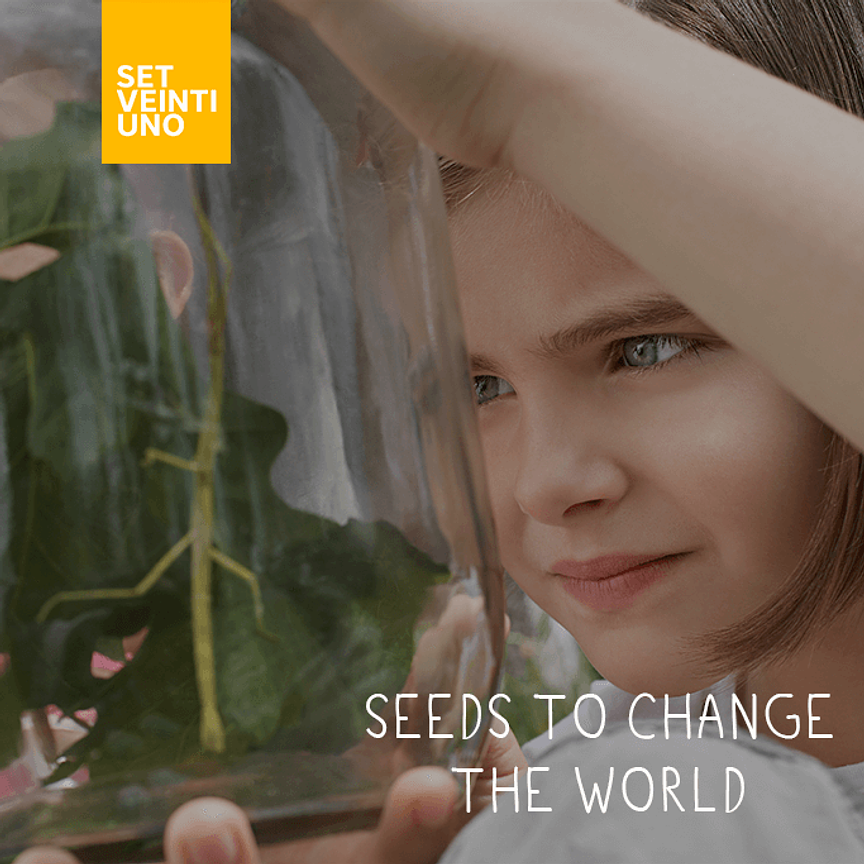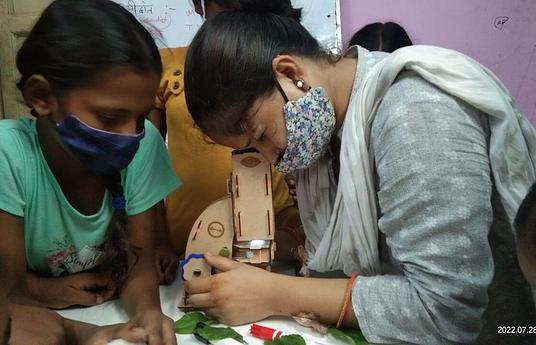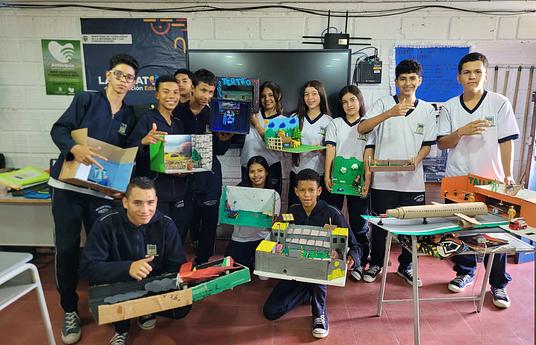Economics education aims to educate students about how to make the right decisions about limited resources, such as time, natural wealth, human labor, or money.
Some realities on the international scene demonstrate the high price we are currently paying for decisions that were made in the past without due reflection or concern for the rational use of our resources.
Why we do it?
Here are five compelling reasons to address this issue in the classroom:
a) The world is more indebted: since the financial crisis of 2008, world debt has increased1 by almost 57 trillion dollars, 40 % of which corresponds to household indebtedness.
b) We are not prepared to live any longer: although longevity has increased and health advances allow us to live up to ninety or a hundred years, almost two thirds of retirees acknowledge that they have not adequately prepared for that phase of their existence, that is, that they have not saved for such a long life.
c) Our survival on the planet is threatened: humanity already consumes 1.5 planets Earth, that is, 50% more of the resources that our planet can renew to ensure our survival at the pace of current patterns of consumption and lifestyles.
d) We are the champions of waste: despite how much we consume, we do not use resources responsibly. Today, the world wastes one out of every three foods, a loss of about $750 billion a year.
e) The hope of change lies in young people: the school space is crucial to awaken consciences and introduce new issues that can trigger a real revolution in society and contribute to the development of attitudes in line with the needs of the twenty-first century.
It is increasingly urgent to learn to value and use our resources with awareness.
We have to learn to make good decisions.
What we do?
"Economic education as a way to consider options"
To make good decisions, we must be fully aware of the resources at our disposal and thus learn to manage them. This must be the object of the study of Economics.
The word comes from the Greek oikonomia, meaning "household administration", and has come to mean the study of ways of managing resources and, more specifically, the production and exchange of goods and services.
Why teach economics at school?
- Preparing children and young people for a world with increasingly scarce resources
- Enjoy your openness to new ideas
- Contributing to cultural changes in society: young people as mobilizers of families and the school community
In "The Value of Things" we will work on five main themes or vertebral axes of the product. Each topic will be approached through activities adapted to each age and to the daily reality of the students and their families.
1. Work, production and transformation of resources: this block includes the aspects of the different origins of the resources we use to live, as well as the methods we use to extract, transform and produce them. Throughout each volume, different situations related to effort, reward, work, talents and professions, types of remuneration, salary groups, taxes on work, entrepreneurial spirit, benefits and the different paths that each person, organization or country chooses to obtain its resources will be progressively presented and discussed.
2. Use and consumption of resources: this point deals with issues related to the responsible use and care of personal and family belongings and data, the protection of public heritage, the differences between desire and need, the limited nature of available resources and the effects of waste and abusive use of resources on the family, society and the planet.
3. The flow of exchanges: the value assigned to exchanges according to the personal, family and social criteria adopted by each individual and each community is dealt with here.
4. Savings: this transversal axis analyzes the importance of accumulating reserves for later, the participation of children and young people in the decisions of the domestic economy to generate surpluses of resources, the promotion of the habit of saving small amounts that will allow to fulfill desires, the value of discipline and savings as tools to plan dreams and life projects, the anticipation of risks and unforeseen...
5. Management of the family budget: starting from volume 4 we will work on the notions of fixed and variable income, fixed, variable and extraordinary expenses, provision of expenses, cost of living, classification of family resources and establishment of priorities among them.



